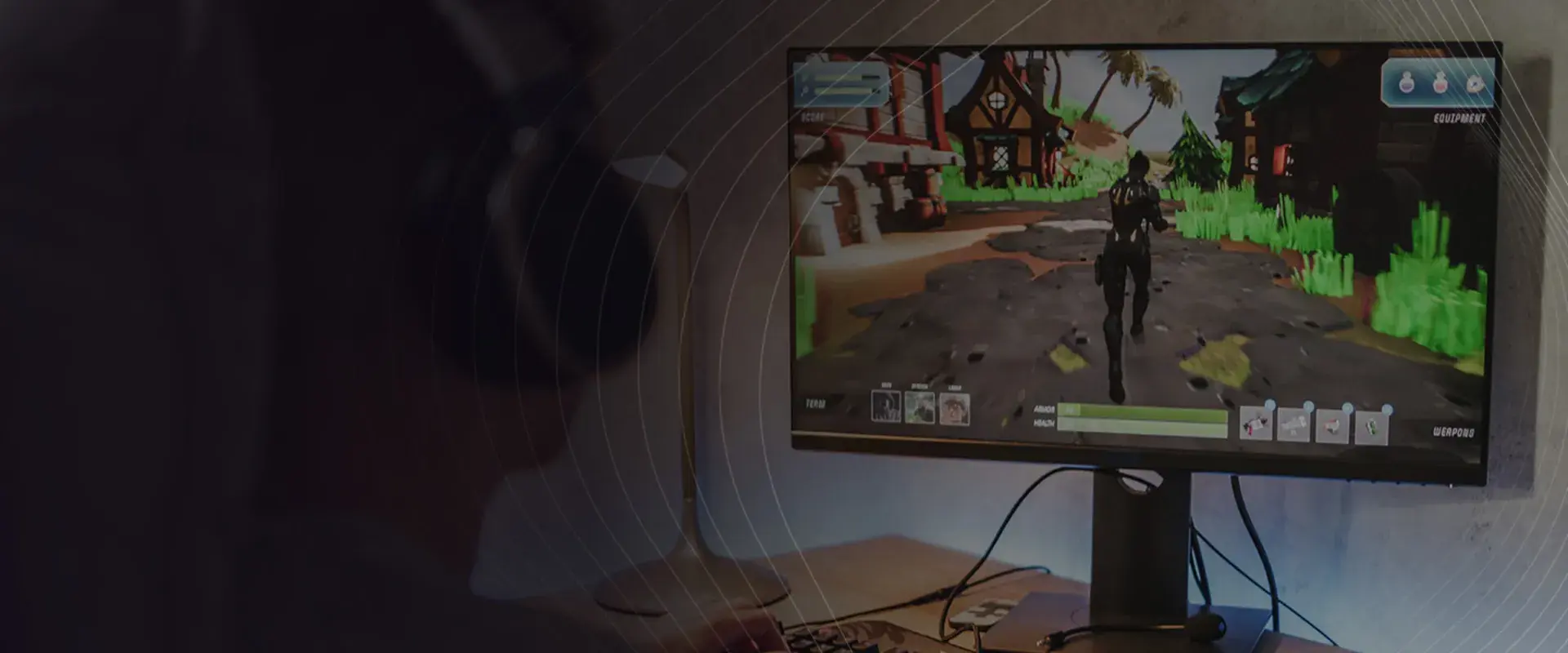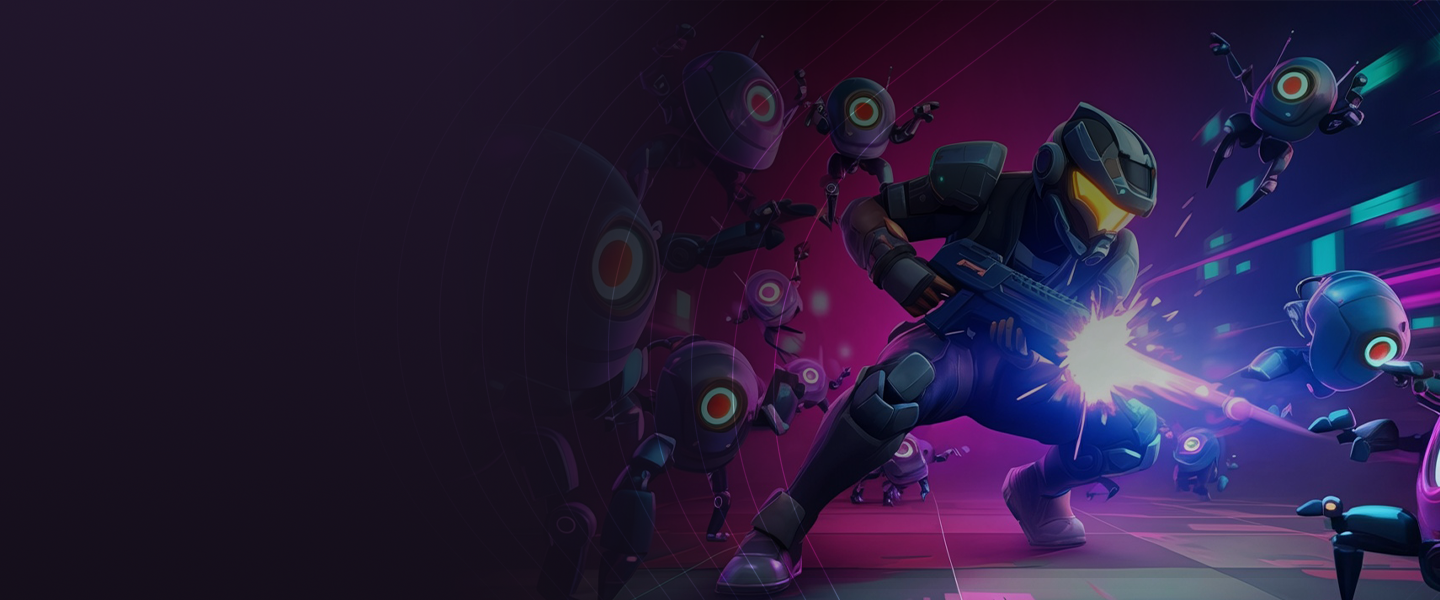The gaming industry is often considered recession-proof, but this doesn’t appear to hold true given the current circumstances. Is this industry heading toward a crisis? And what should game developers do in response to this challenging period?
The gaming industry is not doing well!
This is the sad reality! Since the beginning of last year, the game industry has seen a trend of studio closures, layoffs and job reductions. With many noteworthy events in the first month of 2024, the situation seems to be worsening.
- Microsoft is cutting around 8% of its overall gaming division (Activision Blizzard, Bethesda and Xbox), a total around 1,900 employees.
- Riot Games also confirmed that it was laying off around 530 staff, representing around 11% of all employees.
- Unity also announced a plan to lay off 25% of its workforce, totaling 1,800 employees.
- Sega of America is reportedly laying off more than 10% of staff.
- Epic is laying off more than 800 employees.
Remarkably, in only one month of 2024, it was recorded that over 5,000 workers in the gaming industry lost their jobs – already more than half the total estimation announced in 2023 of 10,500 workers.
In addition to the mass layoffs, title cancellations and release delays are another problem plaguing the industry. Over 60 games, including big-budget, highly anticipated projects were delayed last year, with many of them still having no fixed release date yet.
What is happening with the once ‘recession-proof’ game industry?
There are several factors contributing to the difficult time of the game industry.
1. Consumers’ habit has changed
Gaming was a vital entertainment channel for many people during Covid-19 lockdowns, resulting in a spike in new users and revenue growth for the game industry in 2020. Even though the trend persisted into 2021, the momentum slowed in 2022.
Those who have been freed from social restrictions due to the pandemic are willing to encounter real experiences again and are likely to spend less time and money on gaming the way they did a year or two ago.
2. Global inflation is tightening consumers’ pockets
The rising cost of living is making people’s purse strings tighter. Customers will probably spend significantly less money on gaming hardware, software and accessories, or even decide to forgo investing in this entertainment channel in favor of other necessities.
3. Gaming hardware supply issues are still going on
It has become more difficult for many gaming companies and manufacturers to keep up with market demand due to the global chip crisis that began in 2020. Shortages also affect a PC gamer’s ability to upgrade their devices because processors and graphics cards are similarly hard to come by. This impacts significantly on their gaming experiences and may inadvertently restrict them from being able to run newer games.
4. The regulatory scrutiny is increasing
While Apple and Google’s changes to advertiser identifier functions improve privacy for mobile app users, they also impact heavily on highly targeted ad campaigns, which were essential to mobile game businesses in acquiring more users.
This deals a severe hit to the mobile game sector, which saw a 6.4% revenue decrease in 2022 and a 4.3% year-over-year decline in the worldwide games market.
5. Cheating and piracy has increased
Cheating and piracy in the gaming industry these days involve more than just playing the game for free or getting free in-game items for an unfair advantage. In many cases, bad actors aim to profit by exploiting the game and jeopardizing the developer’s business model.
The fact that not all game developers realize the importance of having sufficient security measures in place to protect their titles makes the problem even worse. Their games are exploited more often due to inadequate security, costing them more revenue and undermining their brand reputation.
What should game developers react to during the difficult time?
Protect the present…
While macro issues take a long time to resolve and require industry-wide solutions, the first and best thing developers can do now for their gaming businesses is to protect their games effectively from cheating and piracy.
This not only prevents their titles from being exploited by bad actors but also ensures enjoyable gaming experience for their players, who will be willing to spend money, time, and effort in a fair game environment. Developers are likely to retain consistent revenue streams from in-game advertising and microtransactions, as well as able to reduce the cost of attracting new users if more players are actively participating in the game.
…to look forward to the future
Safeguarding the Intellectual Property (IP) of the game establishes the groundwork for sustained business development. Many games companies prefer to avoid high-risk, high-investment plans during this challenging time and instead of developing new IPs, opt for sequels or prequels by leveraging existing ones. This makes protecting the original game against piracy more important than ever.
Our client’s story serves as the best illustration for this when they released a prequel title without protection, following the success of their first, protected one. The prequel then had a cracked version from day one that contributed to 40% fewer sales during the first week and 30% fewer over the first 15 weeks when compared to the first (protected) title.
Don’t let the ongoing crisis get your gaming studio!
Interested in protecting your creativity and game’s value? Contact us today.











/Images/Module%20-%20footer/spiral.svg)
